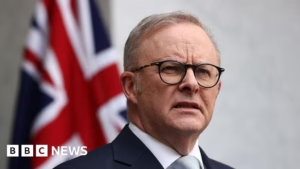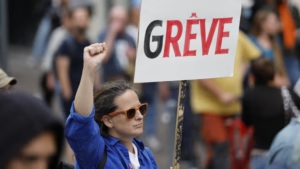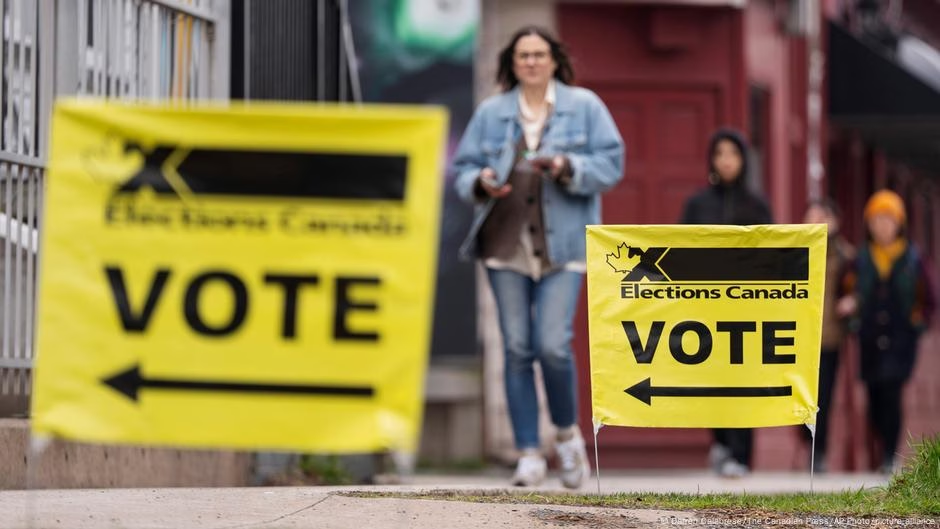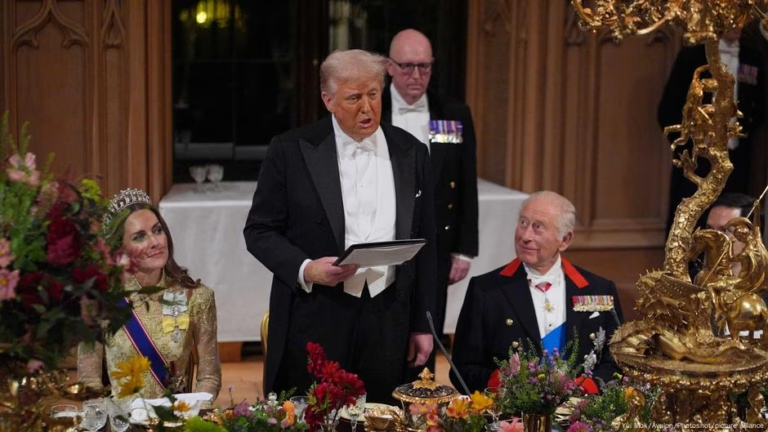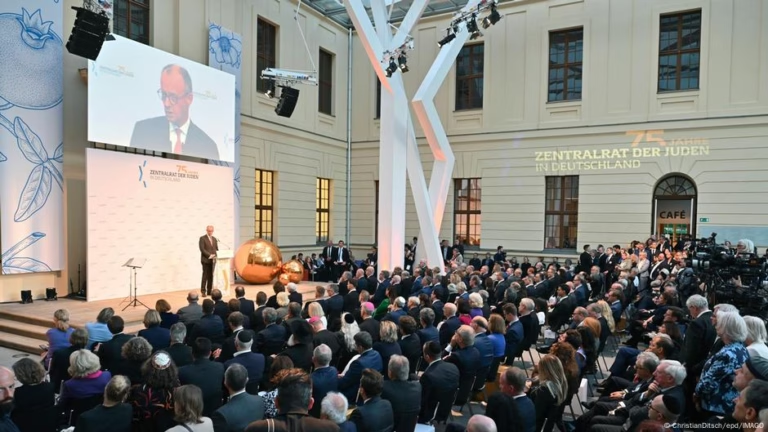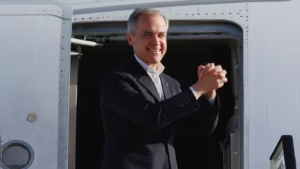Although polling stations have closed, the final result might be determined by the province of British Columbia, which closed its polls last.
So far, the Liberal party has not reached the 172 out of 343 electoral seats required for a majority, with CBC reporting that the Liberals were leading in 133 seats, and the Conservatives had 93.
This election outcome represents a comeback for the Liberals, whose popularity had waned beforeformer Prime Minister Justin Trudeau stepped down in January of this year.
Additional facts about Canada’s snap election:
An estimated 29 million Canadians participated in the country’s snap election. The first polling stations opened in the Atlantic province of Newfoundland and Labrador, within the expansive G7 nation that spans six time zones.
Incumbent Prime Minister and Liberal leader Mark Carney faced competition from Conservative candidate Pierre Poilievre.
The nation is grappling with a cost-of-living crisis, andUS President Donald Trump’s threats of imposing tariffs are expected to further affect the economy.
Given that 75 percent of Canada’s exports are destined for the US, both election candidates have pledged to accelerate efforts to secure a free trade agreement with the US.
Trump’s statements take center stage:
Statements by US President Donald Trump regarding Canada becoming the US’ 51st state influenced the campaign.
On election day, Trump reiterated this claim.
“Consider how stunning this landmass would be with unrestricted access and no border,” Trump posted on his Truth Social platform.
Prime Minister Mark Carney has consistently dismissed this notion.
“This is Canada, and we determine what happens here,” Carney posted on his X platform.
His opponent, Poilievre, also adopted a similar stance and called on the US president to stay out of Canada’s election.
“Canada will always remain proud, sovereign, and independent,” the Conservative leader stated on his X platform, adding that the country will “NEVER be the 51st state.”
Trump-esque campaign hurts Conservatives:
Many Canadians responded to Trump’s approach to the country by boycotting US goods and canceling their trips to the US.
Some Canadians voted early, with a record 7.3 million votes cast before the election day.
Ahead of the election, the Liberal party, once seemingly on a path to defeat, were leading in the latest opinion polls. This could be attributed to Conservative Poilievre’s populist campaign, which bore similarities to that of the US president and may have cost him votes.
